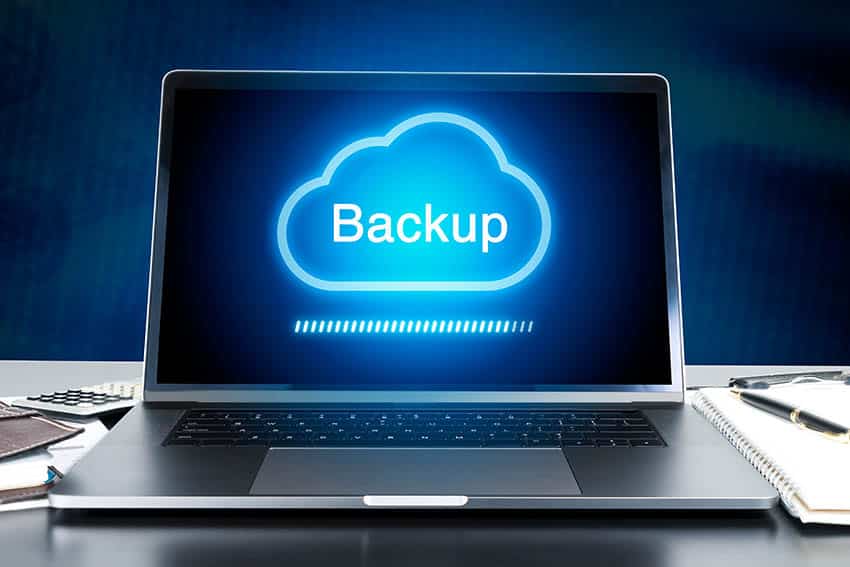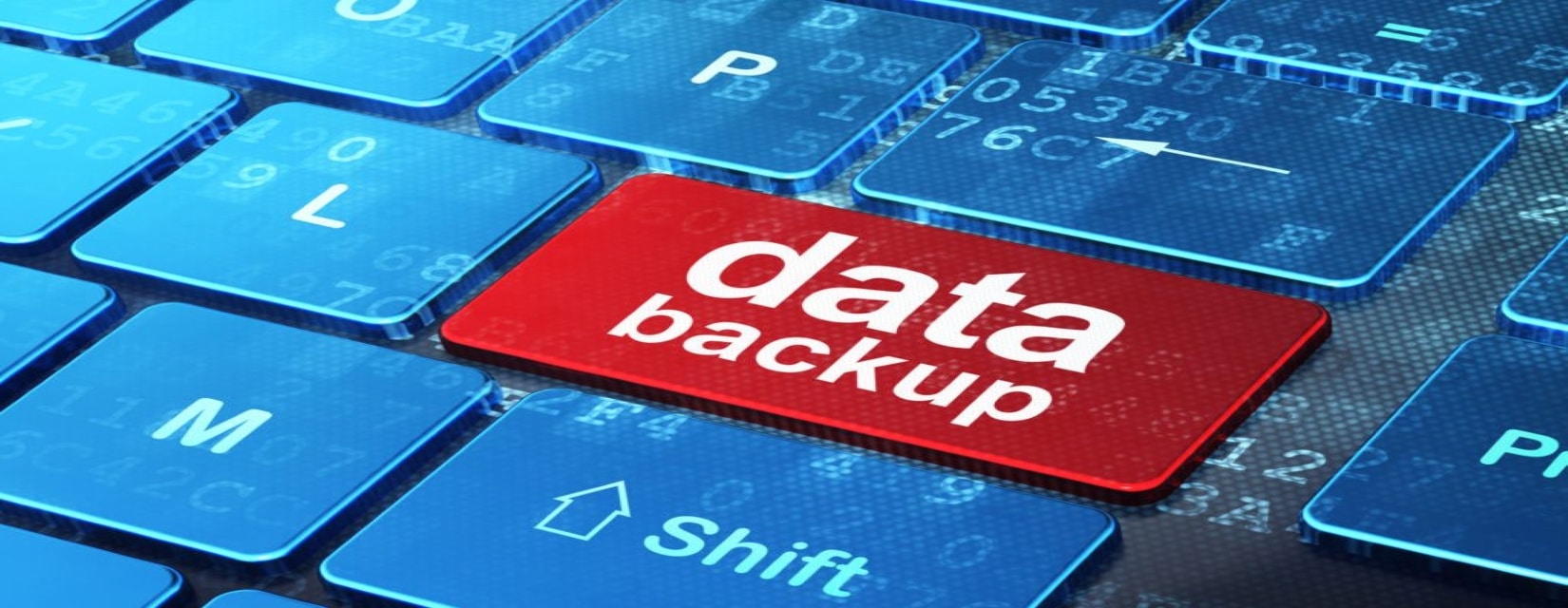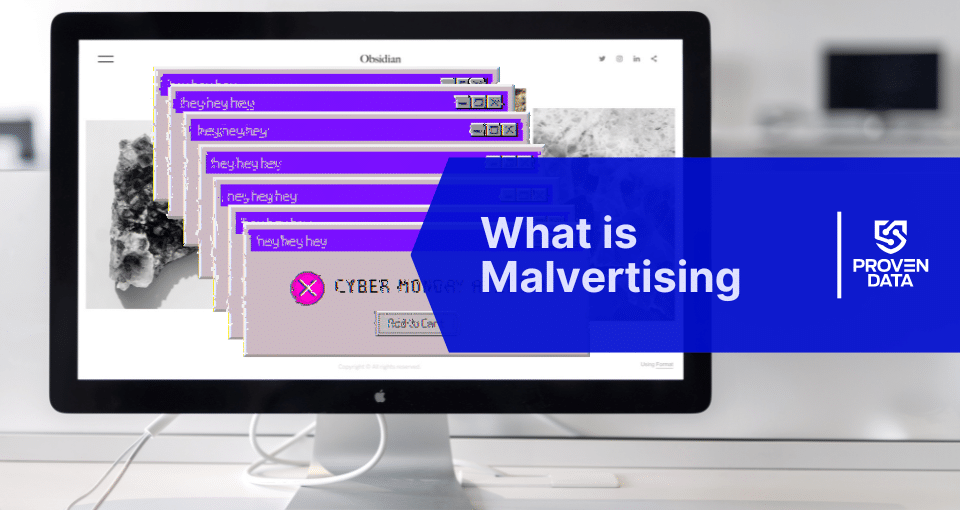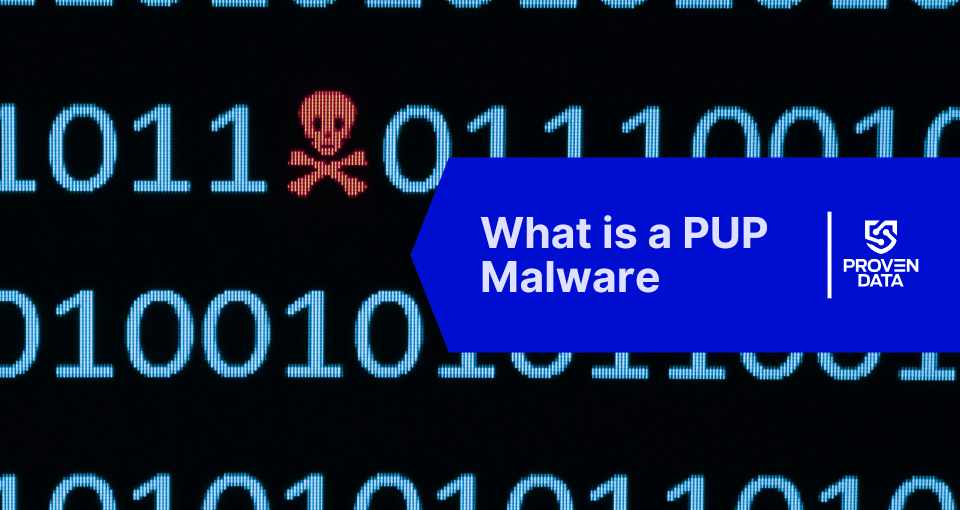There is an odd ‘hot button’ that is touched within the brain when the word ‘backup’ is conveyed. It is a kind of mid-point between the logical and the emotional, conveying a dichotomy in the blend of guilt, understanding, and denial. This fusion transcends beyond intellect and enters the psychological realm that remains a mystery, as even those that are the most knowledgeable often avoid backups that are needed to preserve their data. This stand has led to the requirement of professional data recovery service companies to enter the environment and work their magic to ‘save the day’.
What are the reasons we avoid backups?
There are different reasons that we avoid backups, and whatever it may be, make sure you don’t fall into these bad habits!
Backups were required
In the days of the mainframes, LANs and WANs, the responsibility of a backup was not left to choice. It was a requirement that was accommodated on a regular basis, as defined in the job description of those that maintained the systems. These were often not automated, but required night or weekend work, taking the system down and making those all-important backups to tape, disks or off-prem. We had not yet entered the world of complete automation as we see it today. Technologies were still being used as a tool that needed to be controlled, and personal computers were still in their infancy.

Computers became personal
The addition of personal PC’s transitioned data from the business arena to the collection of information that included emotional aspects of daily life. Automation began to be something that people expected and human intervention in any area of technology brought with it a touch of the unknown. Professionals in the IT field adapted the work habit of backups as part of their PC rituals, sometimes scoffing at the general public that did not emulate the same practices.
As technology expanded into the consumer realm, more people made use of their devices to store what they considered to be ‘valuable’ items. These ran the gamut from irreplaceable pictures to important documents. While there was an identity associated with them, there was also a hesitancy to do a backup, based on the amount of time and the unknown. There remained a gray area of doubt including the concept that a backup required extensive work and could potentially cause problems with a system that was operating just fine. The backup process itself was still less than perfect. The perception of the average user was more akin to a ‘risk analysis’ and the acceptance that drive problems would never happen to them.
If it isn’t broken, don’t fix it mentality
We have now entered into a society where the technologies that we need and use abound on a global scale, with a majority of the procedures set to ‘auto’. Even with the emotional investment of the prized personal files, there remains a subset of rationalized feelings. This mixture included: if it isn’t taken care of, and nothing has happened so far, there is no need to think about the negative. The fact that backup procedures are now streamlined so that they take a reduced investment of time, still encroaches on both the fear factor and time elements of the earlier days. The perception seems to have continued as part of a generational basis, as those that have grown up and accepted the technology as part of a lifestyle continue to avoid backups.
It appears that people are willing to take the gamble in the loss of their data rather than accomplish a backup. A Seagate survey indicated that: 30% of women and 19% of men simply don’t back up their computers. Interestingly, 90% expressed that they felt the data was valuable, but only 10% bothered to back up the files that they felt were critical on a daily basis. What is somewhat astounding is the fact that of those surveyed, 54% indicated that they knew someone who had lost files. Another survey from Seagate and Harris Interactive resulted in the fact that 72% consider their videos and photos as the most valuable of all of their digital assets, but a mere 27% have any form of external drive. The misperception of the concept of ‘backup’ is continued in a Washington Post article showing that Facebook is now the largest repository of photos in the world, however most of the FB users do not have any copies of these photos.
Thinking in the positive
Successful accomplishment of a backup today has been elevated to an easy method through the use of external and USB drives and cloud storage. Many of these processes can be set up in an automated fashion and yet still, people avoid backups it as if it were the plague. The strange and elusive inaction has a base in psychology referred to as ‘confirmation bias’. The mind makes use of the duration of time that we have not experienced any negative situations where a backup was required, and then reinforces our belief that it isn’t necessary. The proof that this is incorrect thinking is in the diligent services of professional data recovery companies. The lack of a backup has required extensive work in hard drive recovery, external hard drive data recovery, and the ever-increasing ransomware drive recovery.
Taking advantage of the existing automated backup procedures that are now available in a variety of security and firewall software products is the best choice for individuals. As cyber attacks continue to rise, such as ransomware threats, establishing a daily backup procedure for businesses is now considered to be a priority.
Want to learn more about data backup costs?
Our ransomware protection costs guide outlines what it will cost you to start backing up your data!
Data Backup Costs







